RESTORATION OF SEAGRASS FOR OCEAN WEALTH (ReSOW)
RESTORATION OF SEAGRASS FOR OCEAN WEALTH (ReSOW)
The ReSOW project is an interdisciplinary project that aims to generate a step-change in our understanding of the contribution of seagrass to the UK’s environmental security, economy and wellbeing. It will apply a holistic, systems-based approach which integrates the understanding of environmental functioning with the various priorities of those who use, or benefit from, the coast. Importantly, the project will inform interventions for the management of seagrass which align with local, national, and international priorities, yet that are inclusive of the needs of multiple stakeholders and geared towards the long-term sustainability of coastal communities.
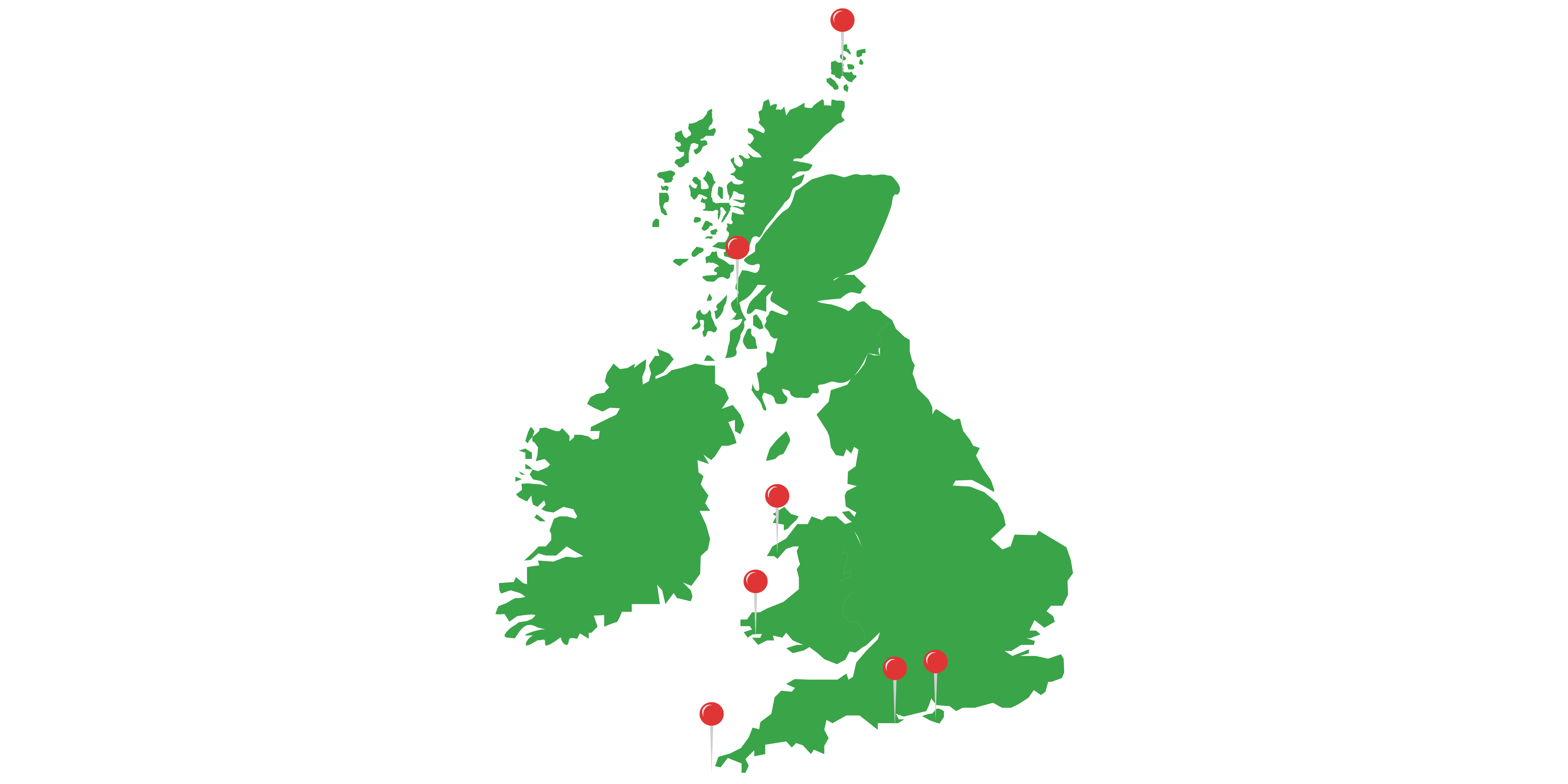
PARTNERS
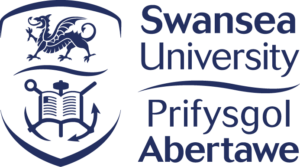
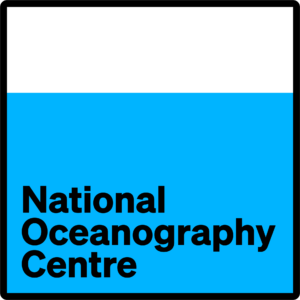

FUNDERS
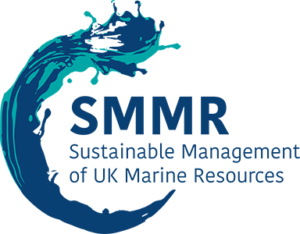

The ReSOW project is sampling seven case study sites around the UK: Porthdinllaen, Llyn Peninsula; Milford Haven, Pembrokeshire; Isle of Wight, Hampshire; Studland Bay, Dorset; Isles of Scilly; Loch Craignish, Argyll; and the Orkney Islands.
ReSOW will evidence the value of seagrass restoration by conducting the first national seagrass natural capital assessment. In the case of the natural capital assessment, we will valorise both sociocultural and environmental ecosystem services, with fisheries support and blue carbon and develop a UK-wide baseline map of seagrass through remote sensing and Habitat Suitability Mapping (HSM).
A case study approach to understand the variability within this Ecosystem Services provision for fisheries and Blue Carbon and ultimately develop explicit individuals Natural Capital values for these ecosystem services. An environmental framework will be used for seagrass meadows that separates them into five separate seagrass environments: Estuarine (Z. marina), Estuarine (Z. noltii), Lagoon (Z. marina and Z. noltii), Coastal (Z. marina) and Island (Z. marina). These environments are subject to different conditions in terms of the hydrodynamic, nutrient, light, and salinity conditions and consequently their capacity to deliver ES varies.
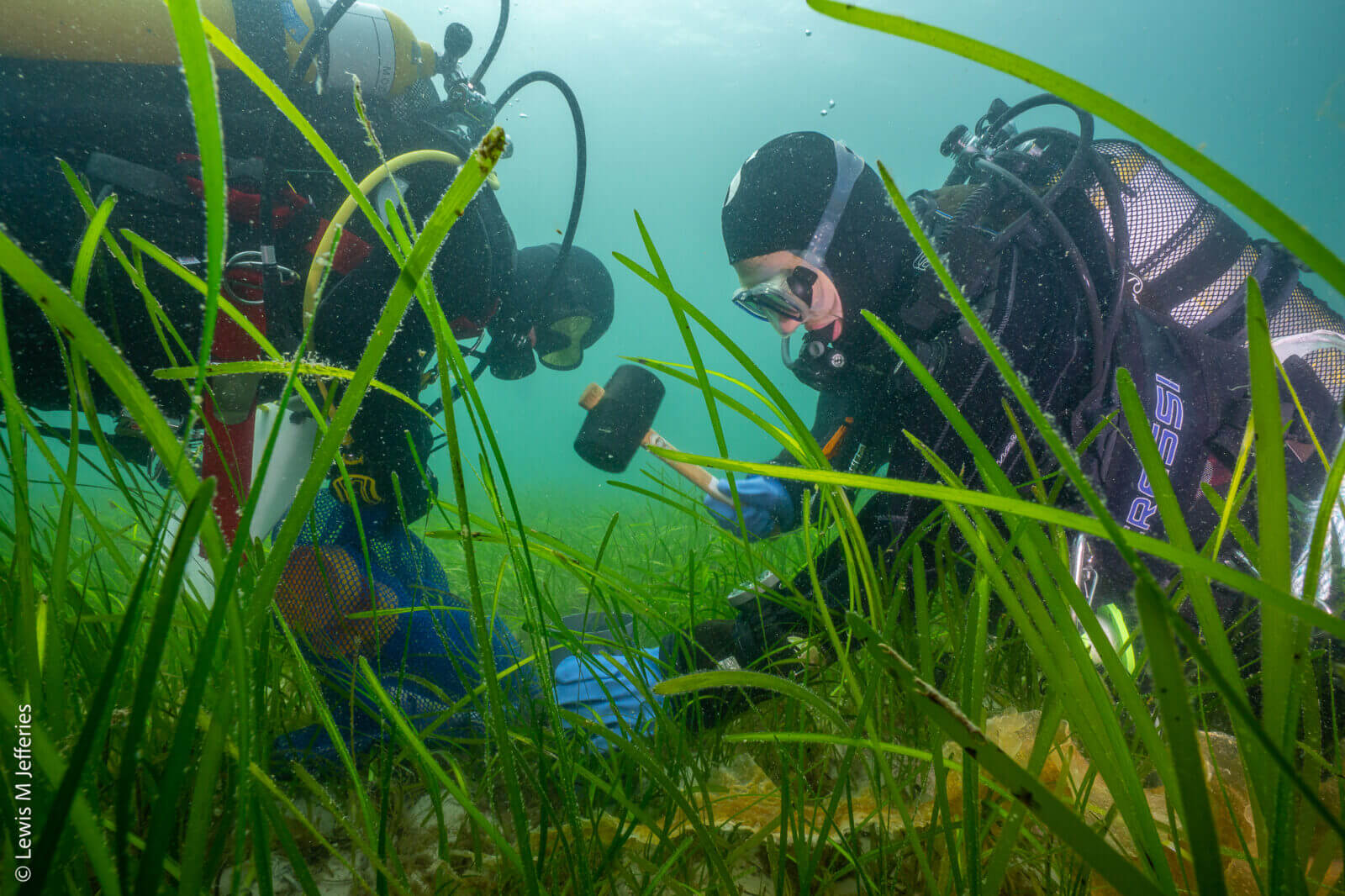
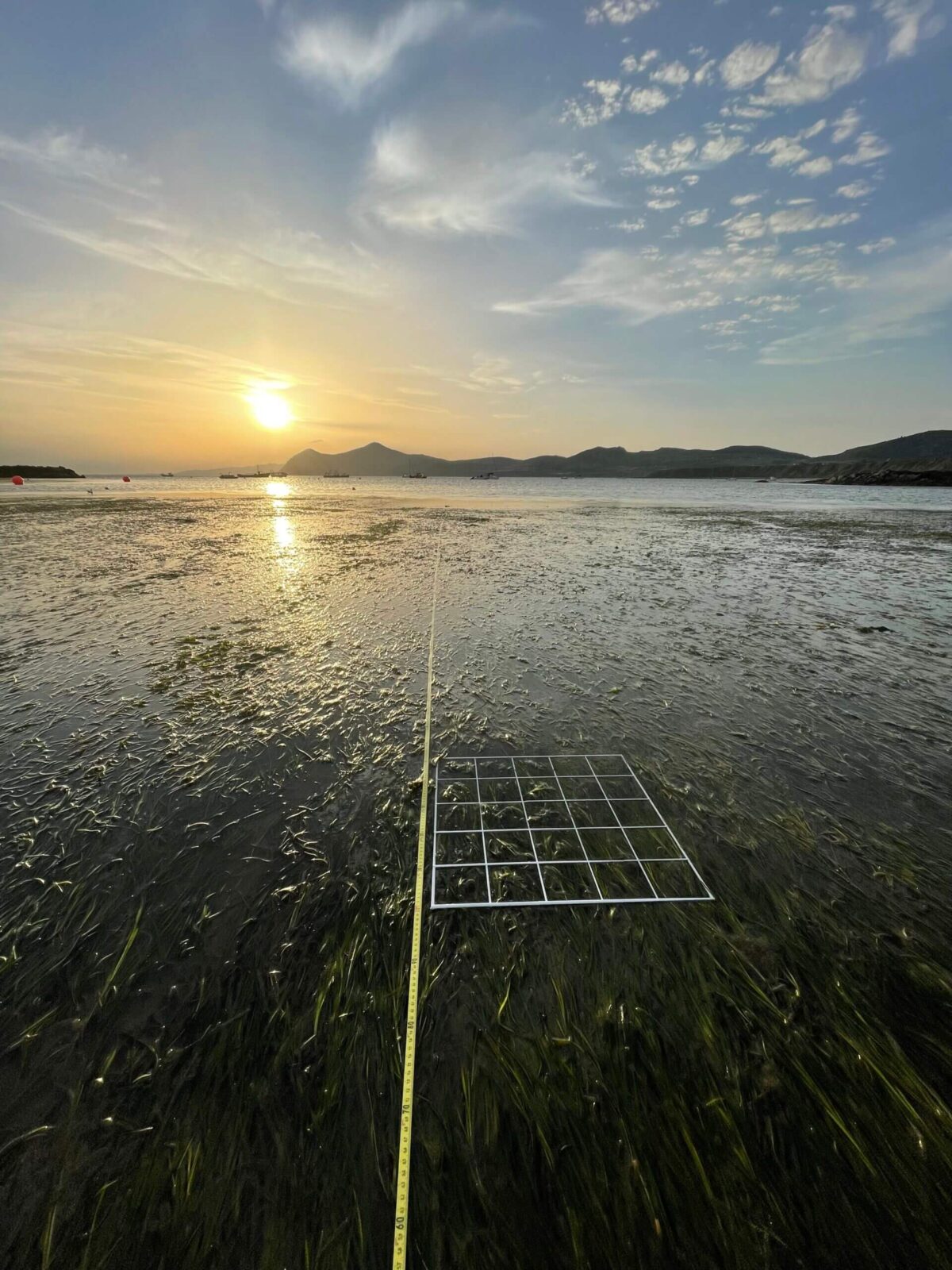
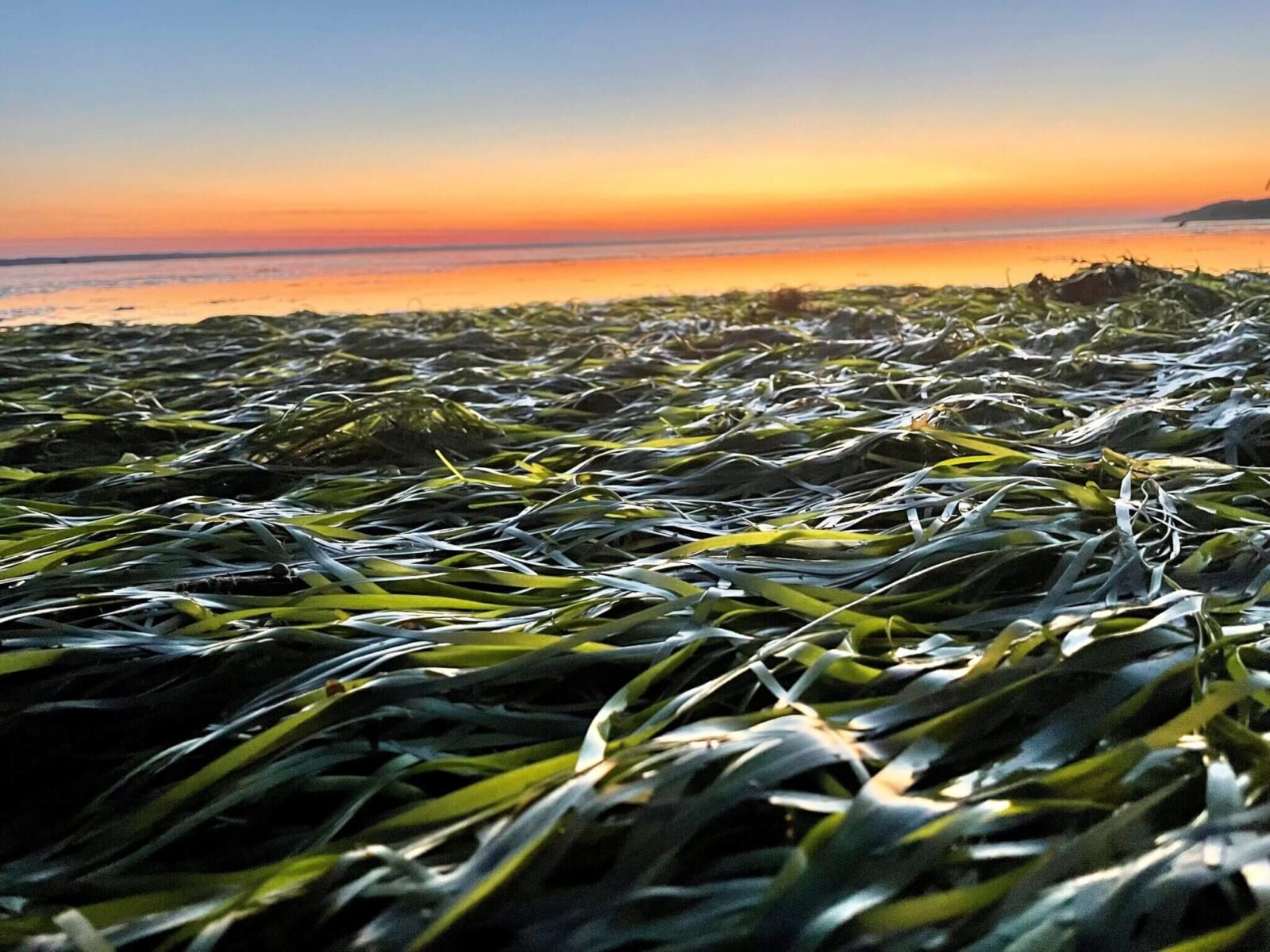
The fisheries and supporting provisioning services is being led by Anouska Mendzil who will sample seagrass in each of the ReSOW case study sites using beach seine netting and assess how seagrass provides for fisheries which will be monetised using an established fish residence index approach. This approach allows for the quantitative integration of the knowledge that most species of fish don’t ubiquitously use seagrass but instead spend time throughout the coastal seascape and will enable the incorporation of existing literature data.

